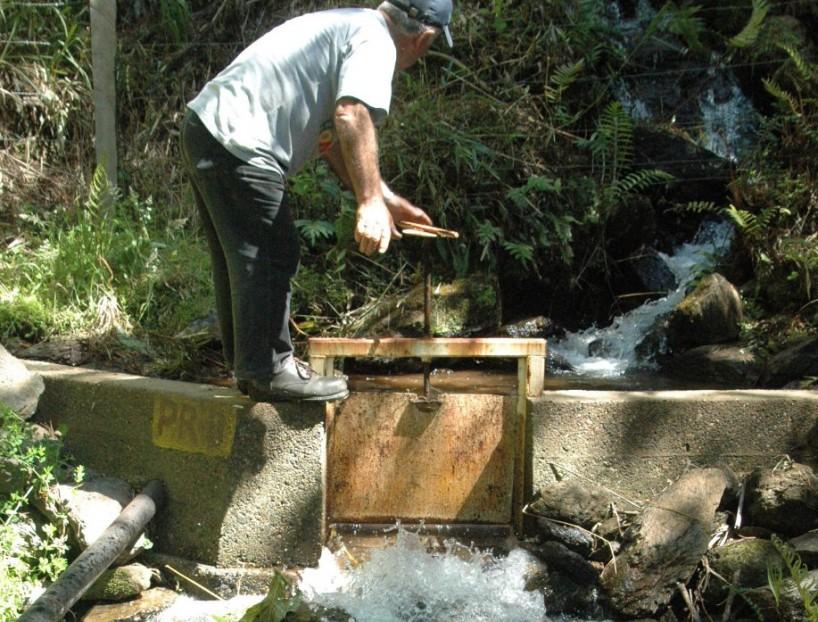The environmental and territorial organisation described this situation as “alarming and contradictory” to the contents of the human right to water, and called for support for a popular initiative for a norm they have introduced, called “Water for Life”.
By Opazo
As part of the second constituent process taking place in the country, the Movement for the Defence of Access to Water, Land and Environmental Protection (Modatima) has called on citizens to support the popular initiative for a norm called “Water for Life”.
“Support is currently being received in the popular initiatives for norms for the (perhaps) next Constitution. There are two water standards, one from Modatima and the other from the National Agricultural Society,” the group said.
“The one from Modatima has 60 more supporters than the other (which is to continue worse than we are). Please support and spread the word, the initiative is called Water for Life,” they added.
To add your support, you must make it with your unique password in the following link:
https://ucampus.quieroparticipar.cl/m/iniciativas/detalle?id=10267.
What does the proposed regulation say?
Specifically, an article called “Human Rights to Water and Sanitation” is proposed, with the following articles:
Article 1: The human right to water and sanitation are indispensable guarantees for a dignified life.
Everyone, without discrimination, has the right to sufficient, safe, acceptable, potable, free of contamination, physically accessible and affordable water for personal and domestic uses.
Everyone has the right to have physical, ecological, cultural and economic access, in all ambits of life, to sanitation that is safe, hygienic, secure, socially and culturally acceptable, provides privacy and ensures dignity.
It is the duty of the State to guarantee these rights for present and future generations.
Legal Nature of Water
Article 2: Water, in all its forms and states, is an inappropriate natural common good, belonging to people and nature.
Water Management
Article 3: The State shall ensure inclusive, democratic and community-based water management.
Climate change.
Article 4: The State, in the framework of its commitments for it to make a climate emergency, shall protect glaciers as essential ecosystems for the balance of the water cycle.
Modatima’s argumentation
The social organisation recalled that article 24 of the Expert Commission’s proposal states, with regard to the right to water and sanitation, that “it is the duty of the State to guarantee this right to current and future generations”, and that “its use for human consumption and sufficient domestic use shall prevail”.
On the other hand, Article 29, which refers to the right of ownership in its various forms over all kinds of tangible or intangible property, states with regard to water that “in any of its states, it is national property for public use. Consequently, their dominion and use belong to all the inhabitants of the nation”.
It then adds that “in the public interest, water use rights shall be constituted, which may be limited in their exercise, in accordance with the law. The right of use is a real right over water that confers on its holder the use and enjoyment of it, in accordance with the rules, temporality, requirements and limitations prescribed by law”.
As for the transitory provisions, the ninth indicates that “water use rights constituted, recognised or regularised since the entry into force of Law No. 21.435 will be governed by the rules established in the Water Code”, and that “water use rights constituted, recognised or regularised prior to the publication of said law will be governed by the first transitory article of the same”.
For Modatima, this proposal of the Expert Commission “maintains the water privatisation model of the current article 19 N° 24 and the 1981 Water Code, which we find alarming and contradictory to the contents of the human right to water”.










